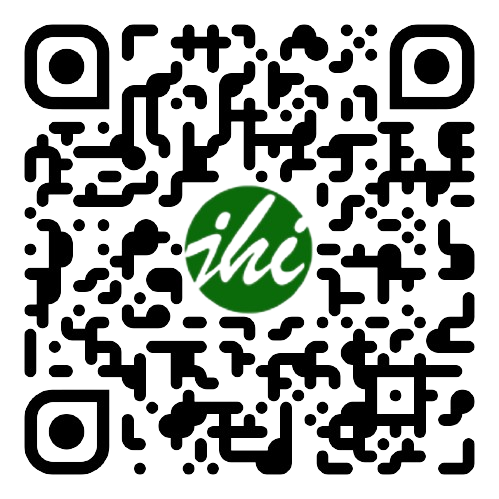PELUANG, TANTANGAN DAN STRATEGI ZAKAT DALAM PEMBERDAYAAN EKONOMI UMAT
DOI:
https://doi.org/10.28918/jhi.v0i0.669Abstract
The obligation of zakat in Islam is the most effective and strategic way to develop into an important instrument in improving the welfare of poor people. Zakat is able to empower the economy of the poor people. The potential of zakat can be function optimally and efficiently if zakat management institutions have qualified strategy to face many obstacles or classic constraints which are still maintained by the management of zakat. Management skills, accountability, integrity, and mandate are the principal capital in managing zakat. In addition, utilization of zakat and mentoring or coaching through mustahik are also very important matters. Therefore, zakat management institutions should continue to perform variety of strategies to achieve the purpose of zakat in changing mustahik to become muzaki. The strategies of zakat management are make the habit of paying zakat, creative and smart in collecting zakat, creative form of distribution, qualified human resources, and make the programs which focus on blueprint for the development of zakat.
Downloads
Published
How to Cite
Issue
Section
License

This work is licensed under a Creative Commons Attribution-ShareAlike 4.0 International License.
Jurnal Hukum Islam use a variety of waivers and licenses that are specifically designed for and appropriate for the treatment of data:
- Open Data Commons Attribution License, http://www.opendatacommons.org/licenses/by/1.0/(default)
- Creative Commons CC-Zero Waiver, http://creativecommons.org/publicdomain/zero/1.0/
- Open Data Commons Public Domain Dedication and License, http://www.opendatacommons.org/licenses/pddl/1-0/
Other data publishing licenses may be allowed as exceptions (subject to approval by the editor on a case-by-case basis) and should be justified with a written statement from the author, which will be published with the article.













.png)














